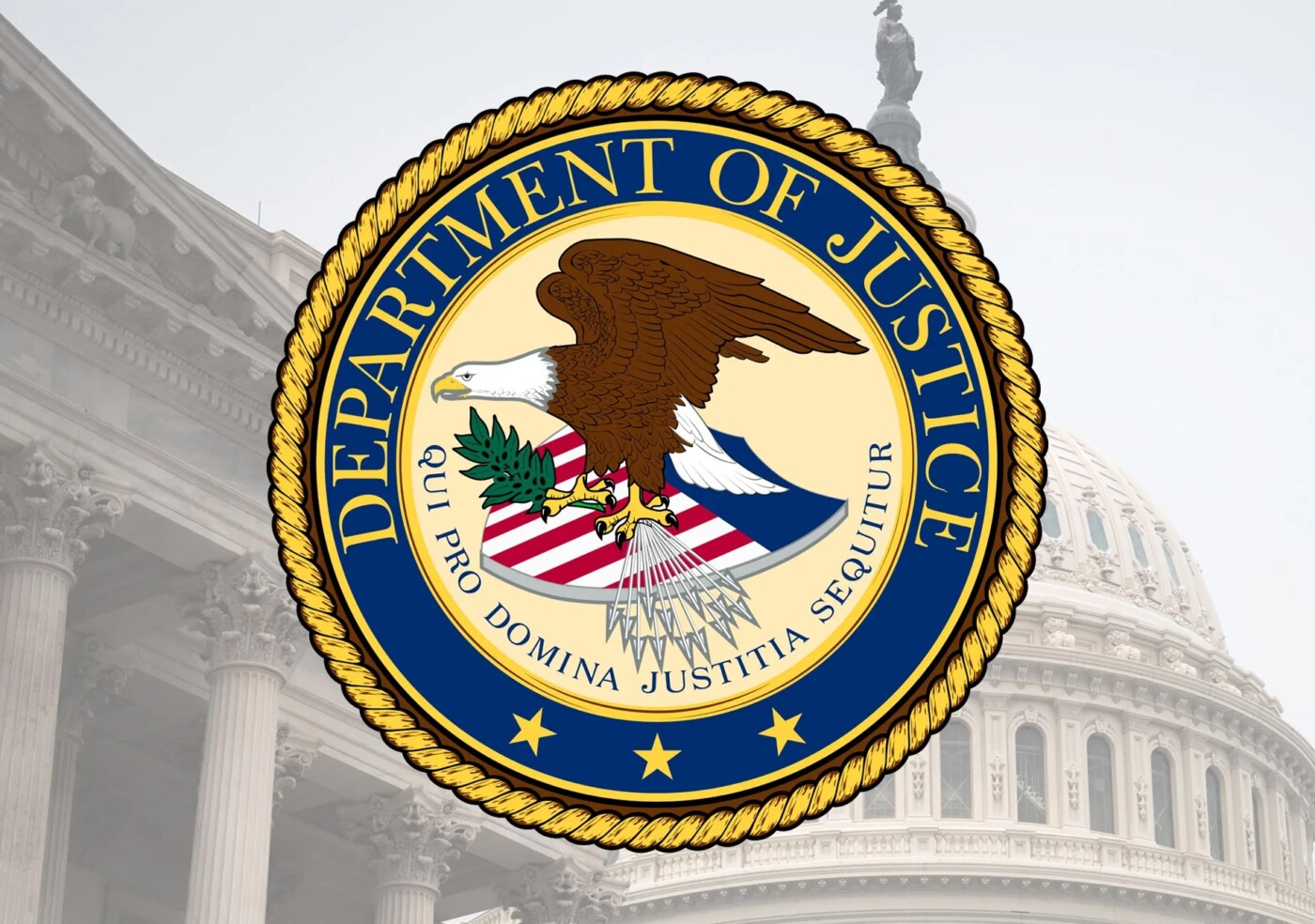A Silicon Valley semiconductor software firm has agreed to plead guilty and pay more than $140 million in penalties in connection with charges that it illegally exported sensitive American technology to a Chinese military university blacklisted by the U.S., federal prosecutors said.
The U.S. Attorney’s Office for the Northern District of California and the U.S. Department of Justice’s National Security Division alleged Cadence Design Systems Inc. sold semiconductor design software and tools to the National University of Defense Technology through a Chinese front company, despite knowing the university had been restricted due to its links to China’s military and nuclear simulation programs.
“Export controls safeguard America’s advanced technological know-how from falling into the wrong hands, which is particularly important in the Silicon Valley as the epicenter of groundbreaking innovation,” U.S. Attorney Craig Missakian said in a statement Monday. “With this plea, Cadence has admitted to unlawfully exporting its semiconductor design technology to a restricted PRC military university using a front company, and accepted responsibility for its wrongdoing.”
Cadence, based in San Jose, acknowledged in court documents that between 2015 and 2021, it and its wholly owned Chinese subsidiary conspired to violate export control laws by providing tools to NUDT via Central South CAD Center and later Phytium Technology Co. Ltd. without required licenses.
In court filings, Cadence admitted that its China-based staff installed software at NUDT’s Changsha campus, and that employees concealed the university’s involvement by using Chinese characters instead of English in internal communications. The company’s export compliance officer had flagged NUDT’s listing in 2015, warning staff that “export licenses will be required if sales are made,” yet sales continued through aliases and indirect contracts.
‘A mutually acceptable path forward’
In a quarterly earnings call Monday, Cadence president and CEO Anirudh Devgan said the settlements “represent a mutually acceptable path forward for all parties, and we believe are in the best interest of our customers, partners and shareholders.”
Devgan added, “Cadence is deeply committed to the highest standards of compliance, and we have significantly enhanced our compliance processes over the last few years, and continue to implement improvement measures to proactively address evolving trade restrictions.”
The FBI said the case highlights the risks of U.S. technology being diverted to China’s defense sector.
“Protecting the U.S. semiconductor industry is critical to our national defense,” FBI Counterintelligence Assistant Director Roman Rozhavsky said. “Working with NUDT, which has been on the entity list for a decade for its work to advance China’s military capabilities, is unacceptable.”
“Cadence is deeply committed to the highest standards of compliance, and we have significantly enhanced our compliance processes … to proactively address evolving trade restrictions.”
Anirudh Devgan, Cadence Design Systems CEO
According to John Eisenberg, Assistant Attorney General for National Security, Cadence has “implemented a strong export compliance program to help prevent any further illegal transmission of American technology.”
The resolution includes nearly $118 million in criminal penalties and over $95 million in civil fines from a parallel enforcement action by the U.S. Department of Commerce’s Bureau of Industry and Security. The two agencies reportedly agreed to credit part of the penalties to avoid double payment, resulting in a combined net settlement of more than $140 million.
While Cadence did not voluntarily disclose the violations, the Justice Department said the company cooperated with the investigation to a limited extent.
The company’s plea agreement is still subject to approval by a federal judge, the U.S. Attorney’s Office said.
The post San Jose tech firm pleads guilty to supplying Chinese military supercomputer program appeared first on Local News Matters.
